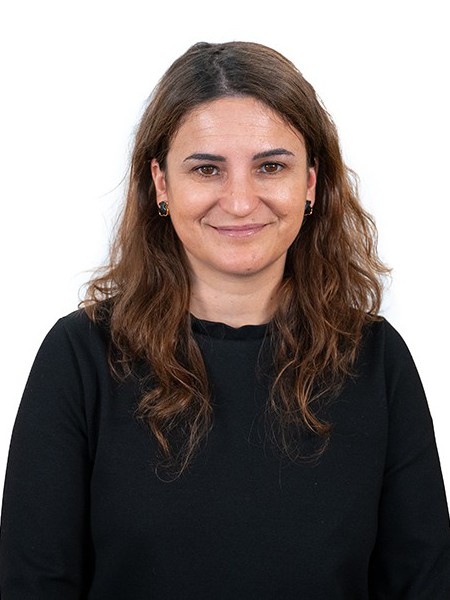abstract
Water splitting by solar energy-driven two-step thermochemical cycles is a promising approach for large-scale production of renewable fuels (e.g. hydrogen). The key challenge is developing materials capable of withstanding the harsh environmental conditions and to ensure high reliability in use, particularly in terms of redox kinetics and better activity at low operation temperatures. In this work, we demonstrate that cork-templated ceria can significantly enhance the hydrogen production performance under solar irradiation heating. Three types of ceria morphologies were synthesised and investigated in two-step thermochemical redox cycles, namely ceria granules (ecoceramics) prepared from cork templates based on either a green water-based or an acetone solvent-based approach, as well as ceria foams replicated from polyurethane templates. These materials were cycled in a high-temperature indirectly-irradiated solar tubular reactor, heated via concentrated solar light, using a temperature-swing process. Samples were typically thermally reduced at 1400-1450 degrees C and subsequently re-oxidised with H2O between 950-1150 degrees C. The green synthesis ceria granules had up to 25% and 32% higher average H-2 production yields than the acetone-based ecoceramics and replicated ceria foams, respectively. On average, H-2 production rates for cork-templated ceria granules (1.3 +/- 0.2 mL min(-1) g(-1)) were up to similar to 60% higher than for ceria foams (0.8 +/- 0.3 mL min(-1) g(-1)), indicating that the morphology of this three-dimensionally ordered macroporous (3-DOM) CeO2 improves the reaction kinetics. This is attributed to the smaller mean cell size of the cork-derived ecoceramic (25 mu m) compared to that of the replicated ceria foam (575 mu m), suggesting that their semi-closed wall cells enhanced reaction rates. The increase in reduction temperature from 1400 to 1450 degrees C resulted in the highest H-2 production rate (1.6 mL min(-1) g(-1)) reported so far for 3-DOM ceria. Neither loss in redox performance nor change in grain morphology was observed from the first to the last cycle. These findings show that cork-like structural features are key to engineering efficient materials for enhanced solar thermochemical fuel production.
keywords
OXYGEN-EXCHANGE; THERMODYNAMIC ANALYSIS; FUEL PRODUCTION; REDOX CYCLES; DOPED CERIA; CO2; H2O; OXIDE; GENERATION; EFFICIENT
subject category
Chemistry; Energy & Fuels; Materials Science
authors
Oliveira, FAC; Barreiros, MA; Haeussler, A; Caetano, APF; Mouquinho, AI; Silva, PMOE; Nova, RM; Pullar, RC; Abanades, S
our authors
acknowledgements
We thank the PROMES-CNRS Laboratory for providing access to its installations, the financial support of French National Agency for Research (ANR, SUNFUEL project, contract No. ANR-16-CE06-0010), and of SFERA-III project (Grant Agreement No 823802). National funding provided by Fundacao para a Ciencia e a Tecnologia (FCT), in the frame of the H2CORK project, grant no. PTDC/CTM-ENE/6762/2014 as well as POCI-01-0145-FEDER-016862 is also gratefully acknowledged. RMN was supported by a post-doc research fellowship and FCT grant CEECIND/00335/2017, whereas AIM and PMOS research grants were also funded in the frame of the H2CORK project. Thanks are also due to Amorim Cork Composites, S. A. and Flexipol - Espumas Sinteticas S. A. for donating the cork samples and the PU foams, respectively. RCP wishes to thank FCT grant IF/00681/2015 for supporting this work. This work was developed within the scope of the project CICECO-Aveiro Institute of Materials, UIDB/50011/2020 & UIDP/50011/2020, financed by national funds through the FCT/MEC and when appropriate co-financed by FEDER under the PT2020 Partnership Agreement. The financial support provided by INIESC - National Research Infrastructure for Concentrated Solar Energy through contract ALT20-03-0145-FEDER-022113 is also thanked.



